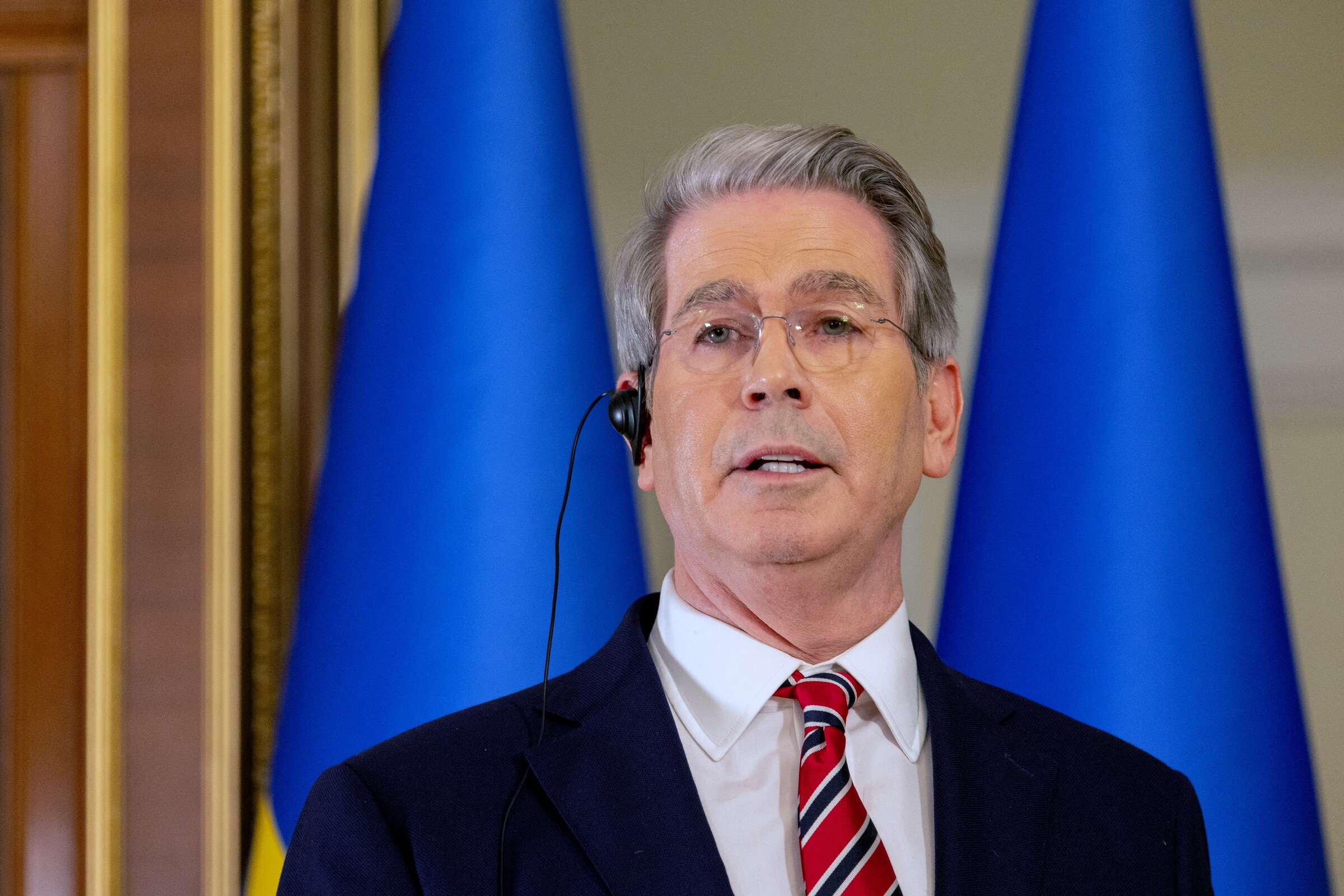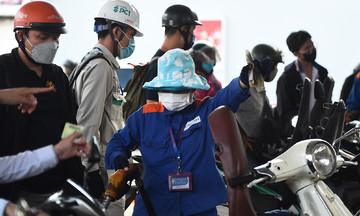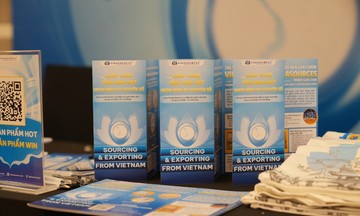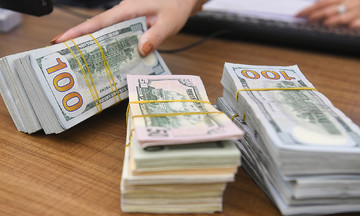On July 6, US Commerce Secretary Howard Lutnick announced to the press that higher import tariffs would take effect from August 1. However, he added that President Trump "is still setting the tariff rates and negotiating trade agreements."
On April 2, Trump announced retaliatory tariffs on all trading partners, ranging from 10% to 50%. A week later, he announced a 90-day postponement of the higher tariffs, temporarily applying a 10% rate to allow countries time to negotiate with the US. The original deadline was July 9. The extension gives countries an additional three weeks to address the issue.
US Treasury Secretary Scott Bessent confirmed this to CNN on July 6. "President Trump will send tariff notification letters to several trading partners. These letters will state that if they don't take action, tariffs will revert to the levels announced on April 2, starting August 1. So, I think we're about to see a lot more deals completed quickly," he said.
 |
US Treasury Secretary Scott Bessent in Kiev, Ukraine on 12/2. Photo: AFP |
US Treasury Secretary Scott Bessent in Kiev, Ukraine on 12/2. Photo: AFP
Bessent predicted that some trade agreements could be announced in the coming days and revealed that negotiations with the European Union (EU) are progressing well. He also said President Trump would send letters to about 100 smaller countries with less significant trade volumes with the US.
Speaking to reporters at Joint Base Andrews in Maryland on July 4, Trump confirmed he would send tariff notification letters to countries within the next five days, targeting 10 to 12 countries each day. In most cases, the new tariffs will take effect on August 1.
"The tariffs could range from 10-20% to 60-70%. But the letters will be sent starting tomorrow. We've finalized the content, basically explaining how much each country will have to pay in tariffs," he said.
White House Economic Advisor Kevin Hassett told CBS that the US could be flexible with countries engaged in serious negotiations. "We have deadlines, and we also have things that are close to being achieved. So, some things may be pushed past the deadline," Hassett said, emphasizing that the President will decide whether that happens.
On ABC News, Stephen Miran, Chairman of the Council of Economic Advisers (CEA), said countries need to make concessions to secure lower import tariffs. "I've heard positive signals about the negotiations with Europe and India. I think countries that are making concessions may be granted extensions," he said.
Trump has repeatedly stated that India is close to a deal and expressed hope for an agreement with the EU. However, he has expressed skepticism about the possibility of a deal with Japan.
India and the US are expected to make a final decision on a small trade agreement within 48 hours, according to Indian television channel CNBC-TV18. The channel reported that the average tariff on Indian goods exported to the US would be 10%.
Thailand has also proposed further opening its market to US agricultural and industrial goods, as well as increasing purchases of US energy and Boeing aircraft, Finance Minister Pichai Chunhavajira told Bloomberg on July 6.
Ha Thu (via Reuters)












